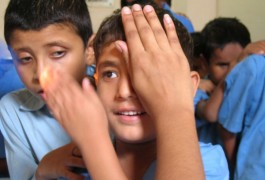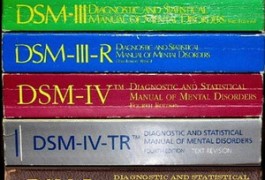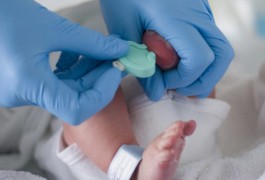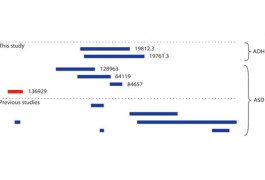What’s in a name?
The six diagnostic measures used to distinguish Asperger syndrome from high-functioning autism do not identify a unique subset of people, according to an analysis of 69 studies, published 2 August in Autism.

The six diagnostic measures used to distinguish Asperger syndrome from high-functioning autism do not identify a unique subset of people, according to an analysis of 69 studies, published 2 August in Autism.

Impairments in vision, even if they don’t cause autism, are likely to be manifestations of underlying neural abnormalities, says Pawan Sinha, professor of vision and founder of the humanitarian organization Project Prakash.

Contrary to popular assumption, people diagnosed with so-called mild forms of autism don’t fare any better in life than those with severe forms of the disorder. That’s the conclusion of a new study that suggests that even individuals with normal intelligence and language abilities struggle to fit into society because of their social and communication problems.

The handful of studies of autism in Africa suggest that only the most severely affected children are seen in clinics.

Collapsing the three core domains of autism — impairments in social interaction, communication deficits, and repetitive and restricted behaviors — into two makes no difference in the accuracy of diagnosis, according to a statistical analysis published 20 August in the Journal of Autism and Developmental Disorders.

Researchers can use the Manchester Inventory for Playground Observation, a questionnaire that rates children’s interactions with their peers, to reliably measure social skills in children with autism.

New Jersey has the highest rates of autism in the U.S., but prevalence is highest in neighborhoods where annual incomes exceed $90,000.

Screening for metabolic disorders in children with autism is not cost-effective, according to a study published 7 July in PLoS One. The researchers argue instead for careful individual clinical analysis.

Some of the same genetic risk factors may underlie both autism and attention deficit hyperactivity disorder, according to a study published 10 August in Science Translational Medicine.

Memory is a notoriously unreliable guide, and this is especially true when strong emotions are involved. So it’s not surprising that parents of children with autism tend to recall the exact onset of their child’s symptoms with something less than accuracy.